
Why “Co-Wholesaling” Can Get You Stuck (& What I Do Instead)
Among real estate investors today (especially the newer wholesalers among us) it’s increasingly popular to talk about “co-wholesaling” houses, and how it’s maybe the greatest thing since those little Delta Airlines Biscoff cookies.
Well honestly – and this may be surprising to some who know me – I’m not the biggest fan of the way I see many real estate investors doing co-wholesaling today.
I mean I get it, I really do. As discussed in my last blog post Wholesaling Explained: How to Flip Houses for Quick Cash, there’s just no easier or cheaper way to break in and start generating chunks of cash in real estate than wholesaling… and add to that the idea of getting paid for bringing only half the deal to the table, and “co-wholesaling” seems even sexier.
That said, I believe the way most investors practice co-wholesaling is not ideal at best, and might even wind up getting you into hot water.
I’ll explain why in a minute, but our real sweet spot is a variant of co-wholesaling we call “JV Wholesaling”, and not only do I think it’s way better, but my entire 10-Hour Wholesaler business is built upon it.
So, if you want to wholesale houses:
1. without any marketing costs,
2. without making offers,
3. without needing earnest money or proof of funds, and
4. without the downsides of “co-wholesaling” the way most people do it
…then this may be something you want to seriously consider for yourself.
But first I should say this: If you don’t yet understand the basics of wholesaling houses for quick cash, then you may want to take a couple minutes and read through my last blog post first. It’ll help you get your head around the fundamentals.
OK, so let me start with…
How this completely reshaped my world…
So I’m a surfer dude turned full-time real estate investor from Flagler Beach, Florida. I started at first just like everyone else, struggling just to get my first deal or two done, and trying to figure out the difference between a contract and a hole in the ground.
Fast forward to today, and…
⇾ I have the privilege of running a very successful, high-profit real estate wholesaling business.
⇾ We do a heap of deals every month in multiple markets at any given time.
⇾ And we do it all remotely from wherever the heck I happen to be in the world.
I’ve intentionally crafted a lifestyle-centric operation here, and I fully realize that because of this, I get to enjoy a reality that most people stuck in the 9 to 5 can hardly relate to as even possible.
For example: I just got back from a 1-month trip to Costa Rica with my family. While there my wholesaling business banked over $30,000… And all the while, I never actually saw a property, never even spoke with a seller, never talked to a buyer. Basically I did it all from my tablet and laptop using wifi on the beach, “working” just a few hours a day.
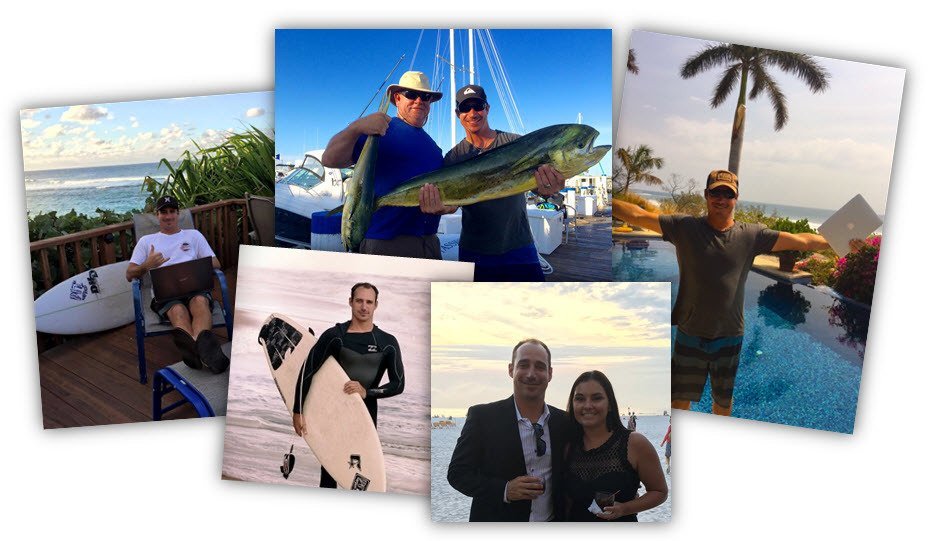
Pretty sweet, huh?!
Another Example: I already mentioned I’m a surfer dude… but understand this:
I FREAKING LOVE TO SURF.
And you know I really mean it because I said it in all caps which is basically SHOUTING! right?
So when I say my business is lifestyle-centric, what that means it that I have intentionally and carefully crafted my real estate business to support a lifestyle I’m truly passionate about living, which happens to be a surfer’s life. I want to surf every day – be in the water every day – not just when I’m away on a vacation.
And that’s exactly what I do. In fact, the honest to goodness truth is most days I’m on the water far more than in the office.

I know, I know… I can hear you saying, “Well, Justin, you got lucky dude, that was just an anomaly.”
No, it isn’t – it’s my norm. And also, I’m not special. I’ve just carefully crafted my business to continually support the lifestyle I want on a consistent basis. And personally I believe you or anyone could do the same if you really wanted to.
But it wasn’t always this way…
Boy, I remember 10 years ago like it was yesterday, when I got that first deal notched on my belt (man, that felt soooo good), things started picking up speed, and I had things setup to run pretty much like I described in my last blog post. I did a lot of fix and flip deals and some average, run-of-the-mill wholesale deals.
But after a while that new car smell started wearing off, and my business started to take on an all-too-familiar and uncomfortable vibe… it started to feel like a grind.
Yes, I was making a pretty decent full time go of it, but I remember one day while I was still working late at night, I looked around in exhaustion and had kind of this negative light-bulb moment. What I realized was:
Yes, this is an amazing business that I truly love… and yes, it’s better than a J.O.B…. and yes, I’m making some solid money… but I’m still working waaaaay harder than I want to!
So after this “light bulb of pain” moment, the next logical question was:
How can I change this? How can I set up a high profit wholesaling business that is congruent with the lifestyle I want to live and doesn’t ‘own’ me like this?
To me that means not working full-time hours and not being caught in the never-ending, day-to-day churn of hustling houses.That is not how i define success!
Now, perhaps I should clarify…
It’s entirely possible we may not define success the same way…
Some entrepreneurs I know are flat-out addicted to the hustle and grind, and there’s just no other way to play the game if you’re playing to win. In their eyes, you don’t earn success without committing to 12-18 hour days, crushing it day after day, completely obsessed with whatever it is they’re building in their business.
If that’s you, then more power to you, friend… But that’s just not my jam.
Don’t get me wrong, when I’m at work, I’m in beast mode. I’m a hustler. I truly believe the adage that hustle beats talent when talent doesn’t hustle. (Think about that a minute ; -)
I just don’t believe for a minute that I have to sacrifice living an amazingly enjoyable life today at the alter of “someday” while I build my business empire. Maybe you can relate.
So there I was, fighting for the answer to an enormous, game-changing question:
“How can I have my cake and eat it too?”
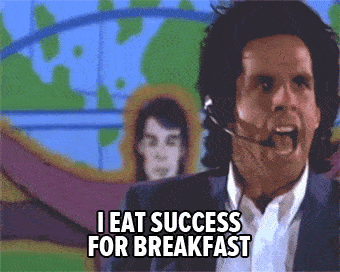
Because to me, success is the freedom of choices and lifestyle decisions… being able to spend my time with my family and surfing more than working on doing deals. And also being able to build other business endeavors with other irons in the fire while still having my wholesaling operation thrive.
Basically, I wanted to spin a profitable wholesaling business that was controlling my life into a high-profit wholesaling business that served my lifestyle and the kind of life I wanted to live.
And that, my friend, is exactly what led me to discovering a unique flavor of wholesaling which allows me to work only about 10 hours a week, and enjoy a healthy, full-time income with a very part-time effort – a little something I call joint-venture (JV) wholesaling.
How most people screw co-wholesaling up…
So I’ll start with this: I see an all-too-common misconception in what people think co-wholesaling even is, and frankly I think it’s dangerous. To me it seems most investors today see it something like:
- You get on a bunch of other wholesaler’s notification lists.
- You then market their deals publicly as if they’re your own properties at a higher price in an effort to find a cash buyer – you simply pimp these deals to buyers as if they’re your own.
- This is done most likely without any formal agreement or understanding in place with the wholesaler who actually has the contract on the property.
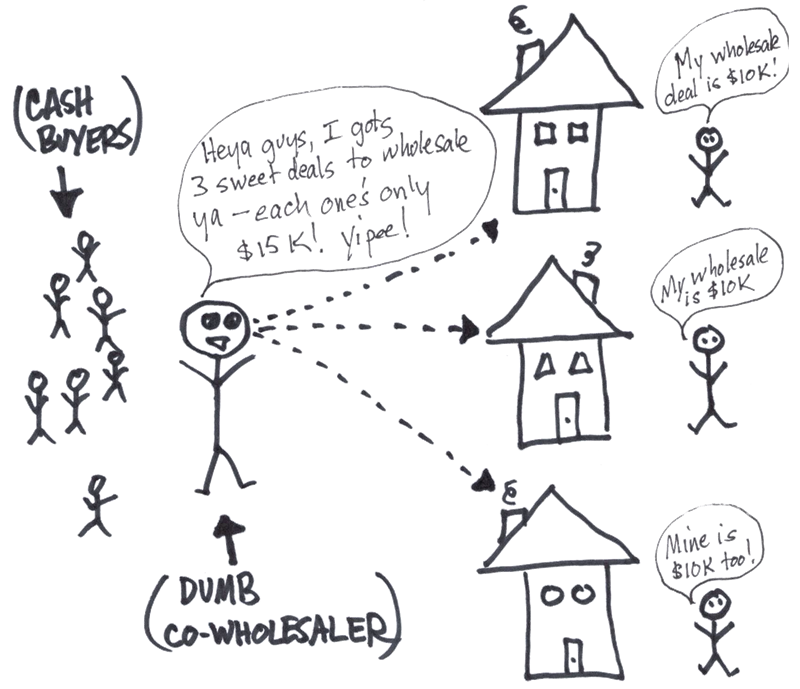
Now let me say this:
I have zero problem with the concept of “daisy-chain” wholesale deals where more than one wholesaler gets a cut, so long as (i) everyone involved brings something of value to the table, (ii) the wholesalers know and agree to what’s going on, and (iii) the details of it are all handled in an above-board, legal manner.
Where it gets sketchy and, in my view, takes us into ethically turbulent waters is when the co-wholesaler here attempts this with no valid agreement in place to pimp the other wholesalers’ deals in the first place. Instead, they just kind of claim the other wholesalers deals as part of their inventory, mark them up, and then try to cut themselves a piece of somebody else’s pie.
So here’s the deal: Without a valid, written agreement in place, you have zero equitable interest in the property, which means you ain’t got nothing to offer to nobody, partner. Trying to get paid for referring someone else to buy a house from a wholesaler, with no valid claim (i.e. equitable stake) in the agreement, is not only illegal, but it’s also just not a good way to do business.
Think about it:
What happens when you bring your cash buyer a deal you’re trying to “co-wholesale” him for $15K, but then he also gets offered the same deal from the actual wholesaler-of-contract for $10K? How’s that make you look? How’s that make our industry look?
Like a bunch of no good, dirty shysters, that’s how.
And what actual value are you providing here? Zero, zilch, nada.
Enter JV Wholesaling
As a wholesaler, if you have your own list of cash buyers and you want to offer another wholesaler’s deal to them, then there’s a right way and a wrong way you can do it. I’ve just described the wrong way, so let’s look at the right way…
For starters, I’ve stopped using the term “co-wholesaling” altogether at this point, because I think it’s just too often misunderstood and basically tainted at this point.
As I said earlier, I call my method joint-venture (JV) wholesaling – it’s our main focus in multiple markets across the U.S. and we’ve pretty much got it down to a science at this point.
It’s actually almost deceptively simple:
1. Start at the end: For me, I prefer starting with the buyer first. So we zero in on a pile of local folks in the area who’ve been active buying investment properties recently.
2. Give 3rd degree: So we connect with them directly (get them to reach out to us actually) and ask them to share explicitly what they want–their exact criteria for “a solid deal” as precisely as possible.
3. Go shopping: Once I find out what a buyer wants, we then go ‘shopping’ for them (i.e. looking for deals that will match their criteria).
⇾ Where: My ‘shopping mall’ is locating inventory from other investors. So yes, our default inventory is other wholesalers’ deals.
⇾ Why: Because simply put, most wholesalers either don’t know how to market their deals very well, or are too lazy or disorganized to create and cultivate the quality buyers list that we will. Once you know how to do it the way we do, it’s pretty darn easy and systematic… but I just know for a fact that most others won’t.
4. The Pièce De Résistance: We get the wholesaler who controls the deal to actually assign us their equitable interest.
This is the secret sauce, and the big honking difference between most “co-wholesale” type deals and a true JV wholesale deal – it’s documented, legit, above-board and done with the full knowledge and permission of the originating wholesaler.
 Oh yeah, and…
Oh yeah, and…
…we also don’t jack up the price to our buyers.
The way we find cash buyers, chances are pretty low anyway that our buyers are also already on the marketing lists of the wholesalers who’s inventory we’re leveraging. But on the off chance that they are, there’s at least no chance they’ll be pitched the same property at two different prices.
How can we do this? It’s simple: We get the wholesaler to agree to cut us into their portion of the profit. So if their original contract is to buy for $10K and they’re offering the property for $20K, we’ll end up offering it to our crew for the same $20K and split the $10K profit when it sells.
Pretty sweet deal, huh?
Obviously there are some more details involved in how we accomplish all this, but from a high level, that’s really about all there is to it.
And let me be clear: It’s not just semantics. It has to do with controlling interest and rights.
⇾ With co-wholesaling the way I see so many people doing it, an investor tries to match a buyer with a seller without controlling either end – for a fee. Don’t do this.
⇾ Whereas in joining venturing we take control of a contract by gaining a legal interest in the contract, and then selling that interest for a fee.
The biggest reasons I love JV wholesaling so much over other wholesaling approaches are:
1. You can spend $0 dollars and very little time trying to find deals because other people already have the deals locked up for you.
2. You don’t have to worry to much about assessing the deals — your savvy, JV colleague (who has the deal tied up) has already done this. Alls you need to know is whether the deal is a match for what your buyer’s already told you he/she wants.
3. The amount of resources you need to actually get to the closing table is significantly less. (Little-or-no direct mail costs, for example.)
4. It let’s you focus on one of the most important aspects of any wholesaler’s operation: acquiring quality cash buyers. One of the secrets to my 10-Hour Wholesaler business is how we are continually locating, calling and building relationships with cash buyers daily. That’s where we provide so much unique value to the marketplace!
So there you go…
Now you know why I don’t really like or recommend “co-wholesaling” the way I see many investors doing it, and why I strongly prefer our JVing as my own unique flavor of wholesaling instead.
At the end of the day, it’s one of the biggest things that enables me to run our whole 10-Hour Wholesaler operation in so few hours a week, from anywhere in the world I happen to be, and still enjoy living the life of a surfer bum!
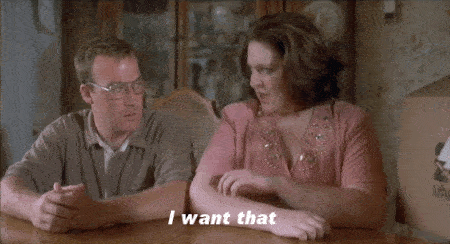
But there are also other contributing factors (besides just the JV wholesaling approach) that enable me to have my business and life work this way. And coming up in my next post, I’ll dive into another key aspect of my “secret sauce” for 10-Hour Wholesaling: Team Building.
Stay tuned for that. It took me a lot of trial and error before I finally cracked the code on this, so I think you’ll really find it helpful.
Talk again soon,
—Justin
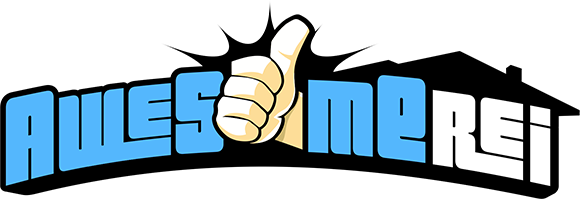
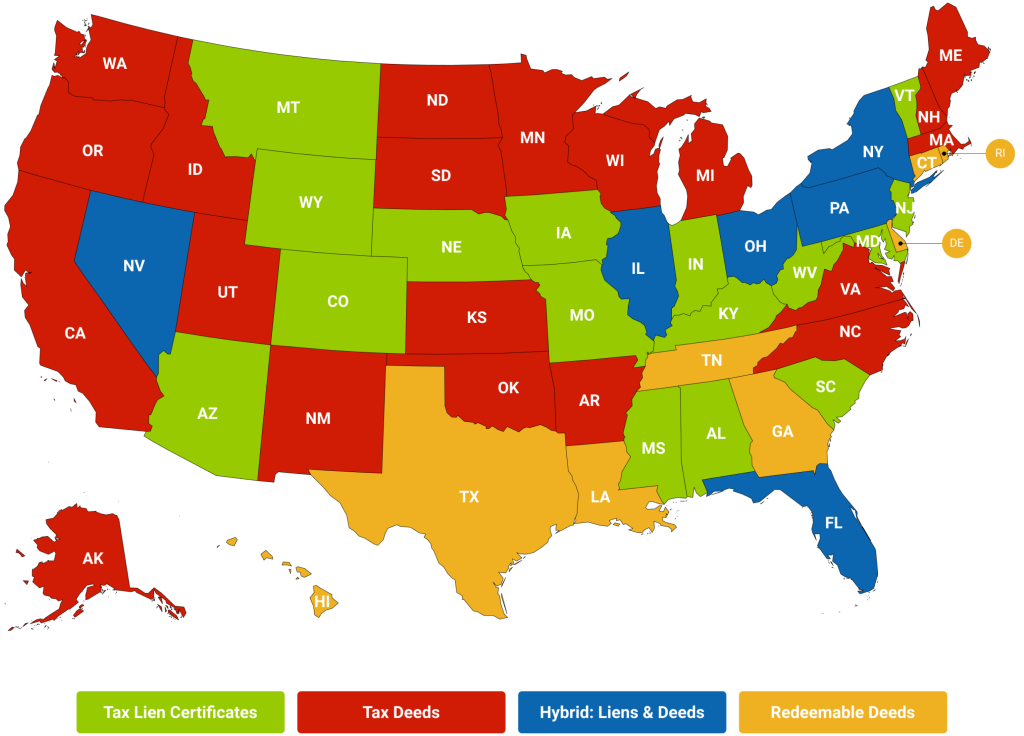
Love the overall approach of ‘matchmaking’ in such a transparent, legal, and ethical way.
I know Rehab CB’s looking for specific properties, so we’re gonna start there and just work the plan finding more, while also using the methods to get other wholesalers that are interested in JVing.
Separately, my brother likes the traditional approach and I’ll continue to find properties we can get under contract directly and find CB’s for those as well.
Hopefully we’ll get to a place where we’re only JVing (with or without him)
This all sounds great, I’ll do my best with my new VA from Bosnia, with the action plan … she seems awesome!
Looks good. The JV wholesaler though cuts into the profit of the wholesaler. Will any of the wholesalers like that? Only on deals that are slipping through their contract expirations.
It all depends on what you bring to the table most of the time. But yes, I imagine it’d appeal most for those deals for which they don’t immediately have a solid buyer on hand or responding to their initial marketing. But there’s plenty of those out there.
So far so good! I like it. I will read on and get the facts then implement.